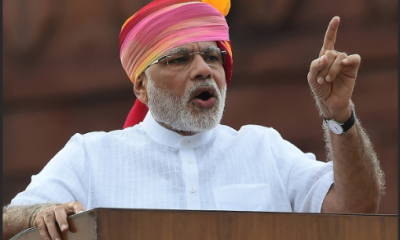
 Latest1 week ago
Latest1 week agoPublic school building collapses in Ikorodu as students attend classes

 Business1 week ago
Business1 week agoLIRS sets January 31, 2026 deadline for employers’ 2025 annual tax returns

 Latest1 week ago
Latest1 week agoLagos govt confirms no casualties at Lagos secondary school building collapse

 Latest1 week ago
Latest1 week agoEtiebet hails Akpabio–Umo Eno alliance, describes APC synergy in Akwa Ibom as unprecedented

 Business1 week ago
Business1 week agoSEC unveils sweeping capital overhaul, raises minimum requirements across capital market

 Business1 week ago
Business1 week agoNGX ends 23-session rally as profit-taking wipes N457bn off investors’ portfolios

 Football1 week ago
Football1 week agoSlot hails Salah’s return as Liverpool prepares for Burnley clash

 Business1 week ago
Business1 week agoComrade Izeze, Foostodey boost youth entrepreneurship in Ughelli Sout














